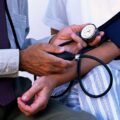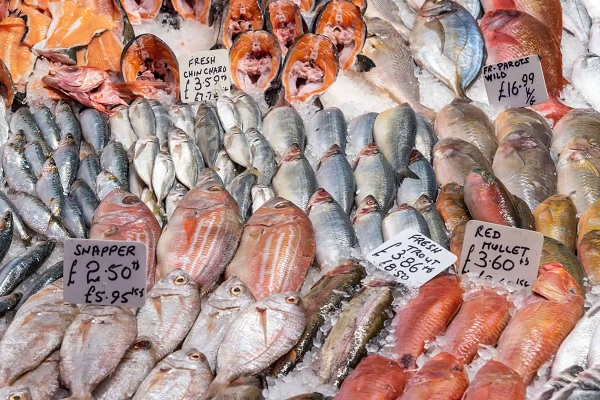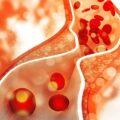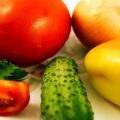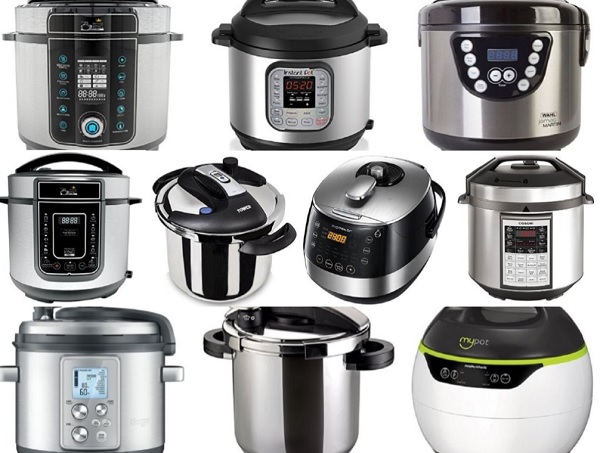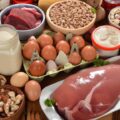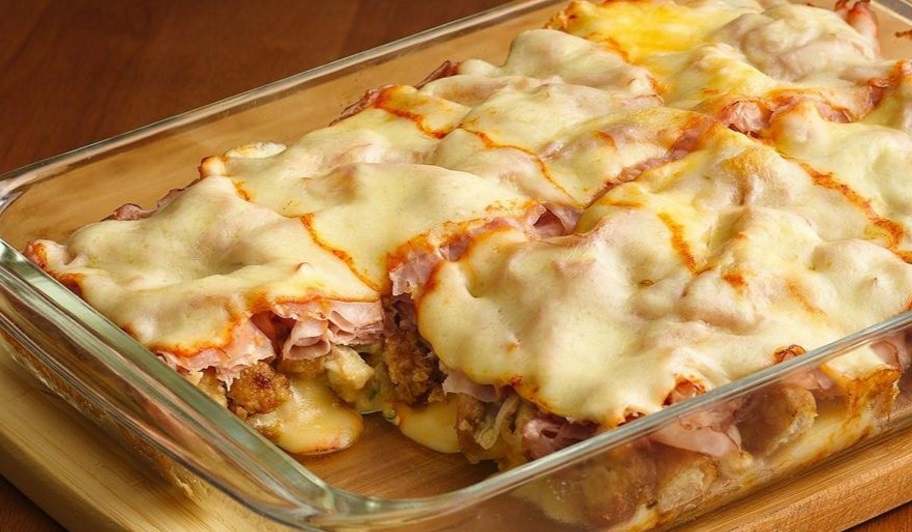
Hypertension occurs as a result of the narrowing of the small blood vessels called arterioles for various reasons, with the blood exerting more pressure on the vessel walls. The heart needs to work harder for the adequate flow of blood flow through the narrowed vessels, and due to this abnormal heart work, various diseases that can reach heart failure may occur in the future. High blood pressure ( hypertension ) can cause serious damage not only to our heart but also to the eyes, kidneys and brain vessels.
What are the symptoms of hypertension? Generally, it can be counted as headache, palpitations, shortness of breath, fatigue, nosebleeds, difficulty in walking and climbing stairs, sometimes very frequent urination and swelling in the legs. Of course, these symptoms should not be associated only with hypertension. If you have such complaints, you should consult a doctor as soon as possible.
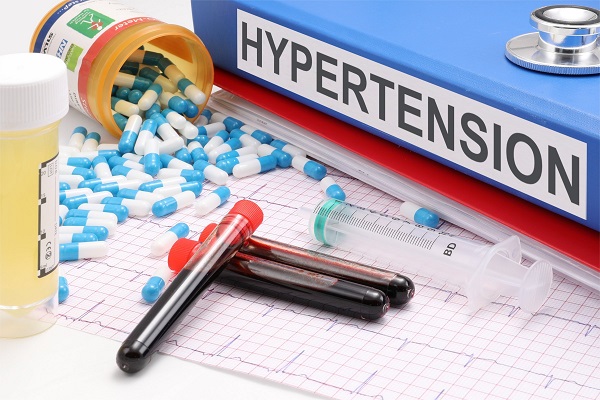
So, what kind of nutrition method should we follow against hypertension?
- Less than 1 teaspoon of salt should be consumed per day.
- A balanced diet consisting of all food groups, mainly fruits, vegetables and grain products, should be applied.
- Different types of vegetables, fruits and grain products should be consumed.
- Your diet may include fat-free or low-fat dairy products, fish, legumes, skinless chicken and meat.
- Olive oil is preferred.
- Foods high in saturated fat such as whole milk, fatty meat and egg yolks should be avoided.
- Reduce trans fatty acid consumption. Avoid artificial foods such as biscuits, dry cakes, crackers and chips that contain trans fatty acids.
- Avoid products that are low in nutrients but high in calories, such as soft drinks and candies.
- Consume at least 2 servings of fish per week.
- Avoid excessive alcohol use.
Do you have any other nutritional tips for those who suffer from hypertension symptoms? If you do why not share them with all of us in the comments below.

